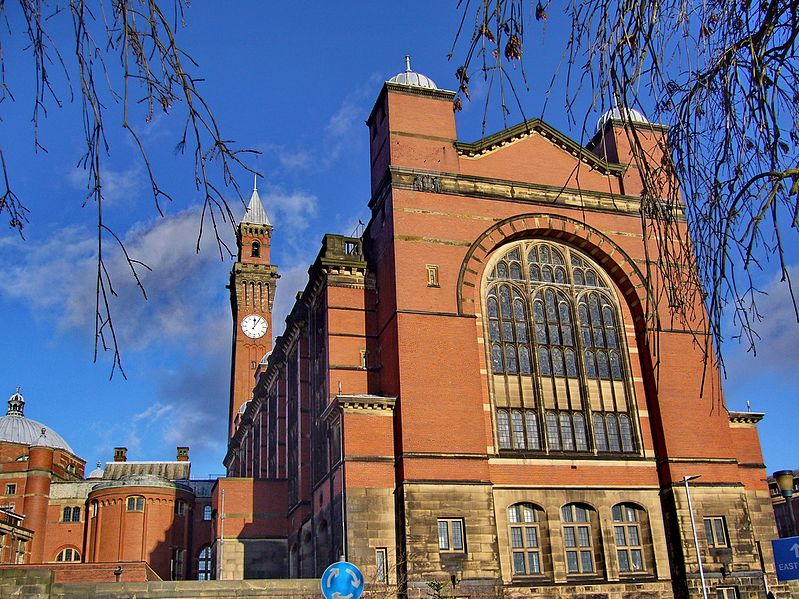
A campaign has been launched by the University of Birmingham to reduce the amount of single-use plastic on campus
This week, the University of Birmingham launched a campaign which aims to reduce and more effectively manage the use of single-use plastics on campus. The initiative has targeted areas such as catering, sport and the laboratories on campus in order to cut down on the amount of waste each of these areas produce in an effort to lessen UoB’s impact on the environment.
Against the backdrop of an ever-growing call for single-use plastics to be removed from everyday life in Britain, the campaign which will ‘have an impact on catering, accommodation, building developments and more on the campus, which serves more than 30,000 students and 8,000 staff.’ The plans include putting 15,000 eco-cups into circulation, making all single-use cutlery biodegradable and moving towards recycling all single-use lab plastics, thus diverting them from landfill.
Director of Estates Trevor Payne has said: ‘We are passionate about our role in caring for the environment and I am very proud of the work we have done to date to reduce single-use plastic on campus. We still have lots of work to do here, which is why today we are working with staff and students alike to make progress.’ We are passionate about our role in caring for the environment
The move from the university comes after previous successful initiatives to make the university more eco friendly which have included obtaining electricity from renewable sources and the implementation of the ‘Green Heart’ last year.
Speaking to Redbrick, Lydia Dutton, Sustainability Manager at UoB, stated that ‘the university takes it [its environmental impact] very seriously ‘ whilst adding that UoB will ‘look at where plastics are being produced and reduce where possible.’
According the Mrs Dutton, ‘it would be remiss to not be a campaign around plastics’ due to the prominence of the question of ‘how do we as humans manage our impact on the environment?’ in our society. She also pointed to how the move could financially aid the university in saying that ‘the more students and staff think about the waste they produce should, in theory, generate savings for the university’ which could be invested elsewhere.
Mrs Dutton claims that ‘this is Birmingham’s opportunity to express what are we already doing [to make UoB green].’ The Sustainability Manager highlighted how this is a chance to ‘work closely’ with student groups who share the same vision for the reduction of plastics, such as Plastic Free UoB.
How do we as humans manage our impact on the environment?
If you have any ideas for initiatives or events to further help UoB become more sustainable and greener, please contact UoB’s Sustainability Manager, Lydia Dutton, at l.dutton@bham.ac.uk. You can also get involved with the campaign by joining the Plastic-Free UoB student group: Facebook – Plastic-Free UOB, Instagram – @plasticfreeuob, Twitter – @PlasticFreeUoB, Email- plasticfreeuob@gmail.com.

Comments